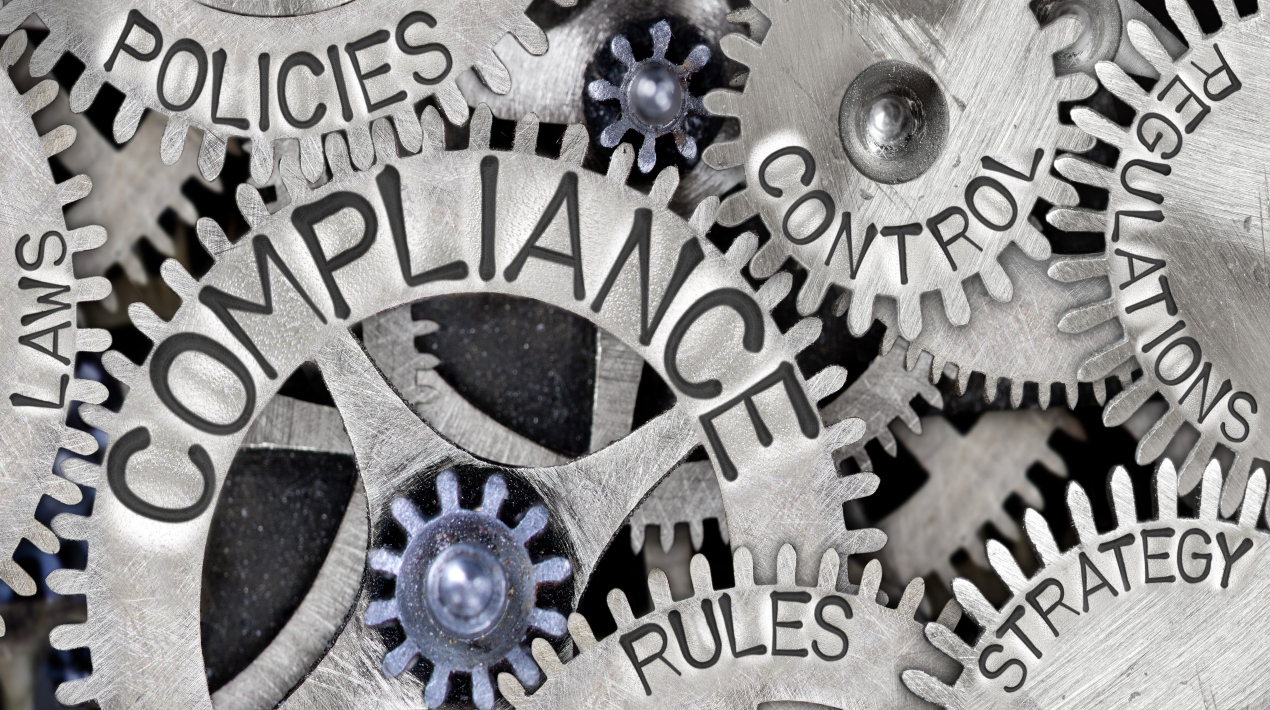
The Act that provides means to prevent, identify, and disrupt foreign meddling in domestic politics via hostile information campaigns (HICs) went into effect on 7 July 2022, while the provisions to counter foreign interference via local proxies will be implemented later.
The statute authorises the Minister of Home Affairs to examine anyone accused of being foreign agents conducting “hostile information operations.” An impartial body presided over by a judge, will review appeals against the minister’s decisions; however, “politically significant” individuals will not be permitted to make such challenges. In certain situations, authorities would be permitted to compel social media sites and website operators to send over user data without justification.
Foreign intervention can take the form of a foreign perpetrator attempting to manipulate domestic politics, including through covert and deceptive means, to undermine political sovereignty and harm social cohesion.
Because of the internet and social media, the threat of foreign interference has grown in potential and severity in recent years. These platforms have contributed to hostile foreign actors’ increasing ease, sophistication, and impunity in carrying out HICs.
Foreign adversaries can employ a sophisticated array of tools and strategies to interfere with domestic political discourse, foment societal conflicts, and threaten Singapore’s sovereignty. Among these are, but are not limited to:
- Creating and utilising fake accounts to mislead users regarding their identity and reputation;
- Using bots on social media sites or purchasing ads to artificially increase the reach of these messages;
- Using a combination of fake accounts and bots to create an artificial impression of popular support or opposition for a certain position or feeling;
- Encouraging other users to “troll,” harass, or intimidate a specific target; and
- Creating accounts or pages and cultivating a public following by publishing on innocuous topics such as fashion and lifestyle, and then using the same accounts or pages to distribute political messages.
As an open, digitally interconnected, and diverse society, Singapore is particularly susceptible to foreign meddling. Under the Foreign Interference (Countermeasures) Act 2021, or FICA, the Minister for Home Affairs will be able to issue directives to various entities, such as social media services, relevant electronic services, internet access services, and individuals who own or operate websites, blogs, or social media pages, to assist authorities in investigating and countering hostile communications activity of foreign origin.
FICA also grants the Minister of Home Affairs the authority to authorise directives about HIC-related content or accounts. Examples of countermeasures for HICs include:
- Stop Communication (End-User) Direction
- Disabling Direction
- Must-Carry Direction
- Account Restriction Directions
- Access Blocking Direction.
- App Removal Direction
FICA provides methods to target HIC platforms, including websites formed in Singapore to publish HIC content. Once a provider of HIC content has been the subject of at least one directive, the Minister for Home Affairs may designate that online place as a prescribed online location (POL) (excluding Technical Assistance Directions).
Persons issued with FICA orders and POL owners may petition the Minister of Home Affairs for reconsideration prior to appealing to a Reviewing Tribunal for the direction or declaration of the banned internet location to be modified or revoked. FICA targets foreign influence in the domestic politics of Singapore. The Act assures that Singaporeans continue to rule their country and live their lives according to their own preferences.
The countermeasures are a statute enacted by the Singaporean Parliament. It was enacted in 2021 to “defend the public interest by preventing foreign meddling.” On 13 September 2021, the bill was introduced, and on 4 October 2021, it was passed.
As early as 2017, legislation against foreign influence in Singapore was proposed. It was indicated in March 2021 that the government was exploring using “legislative mechanisms” to counteract foreign influence.
















